Volnovakha: An Ordinary Family, An Extraordinary Journey
Eyewitness story: Brother and Sister
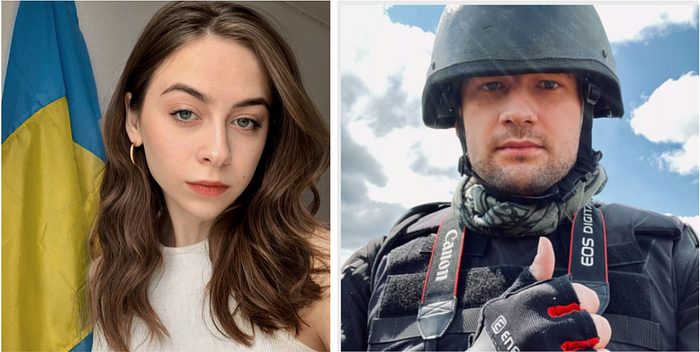
I walked to the Moldexpo center in Chișinău, Moldova, down the central street, Stefan Mare si Sfint boulevard. Morbid Soviet architecture brought back the darkest memories of the USSR. Dark hallways, abandoned construction sites, and the black potholes on the asphalt. Post-Apocalyptic.
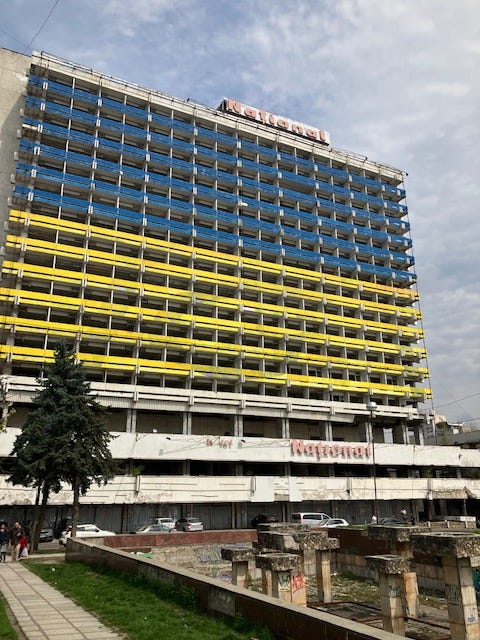
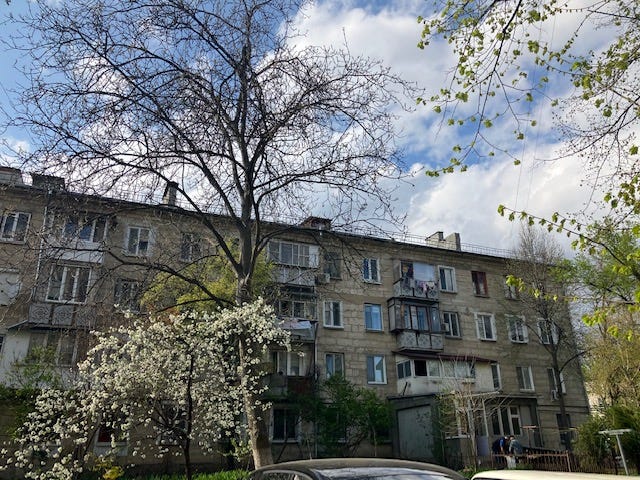
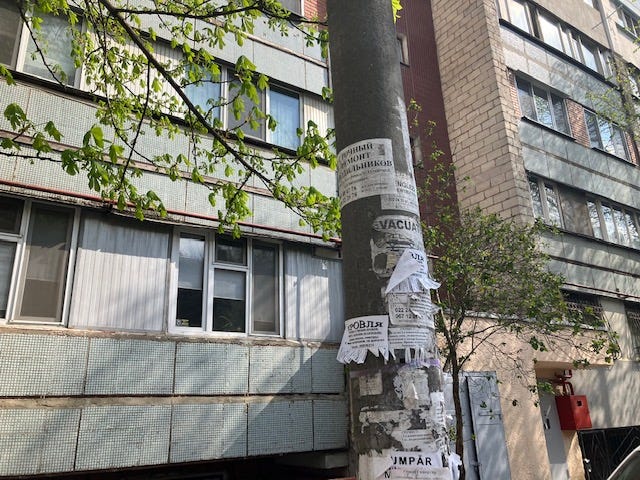
Beggars and drunks slept in the middle of the road by the Parliament building. Old and handicapped people sold hammers and toilet paper on the sidewalk by the never-ending jewelry and women’s lingerie stores — just like in the 90s in Russia, as if time stood still.

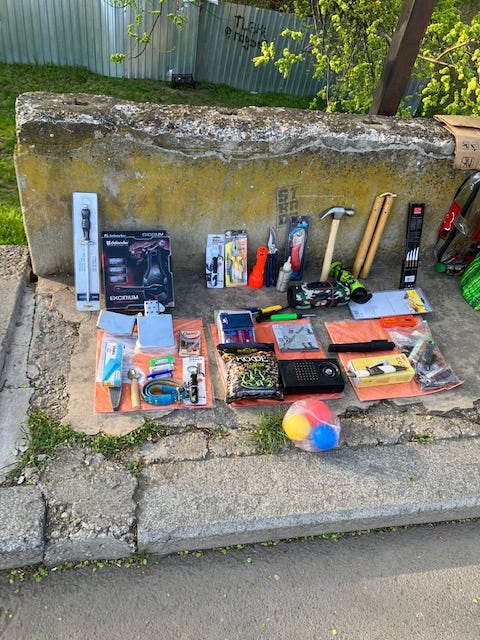
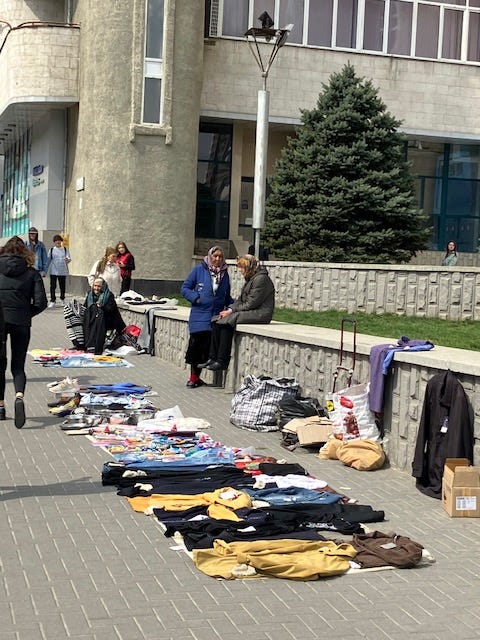
On Pushkin street, charming and crumbling mini-mansions dating back to the 1830s screamed the Russian Empire but ‘The Young Leninist Truth — the most popular newspaper in the country” poster brought me right back to the Soviet heritage.
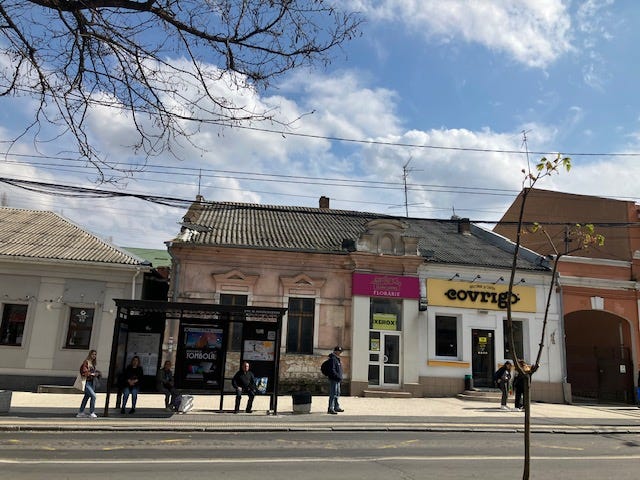
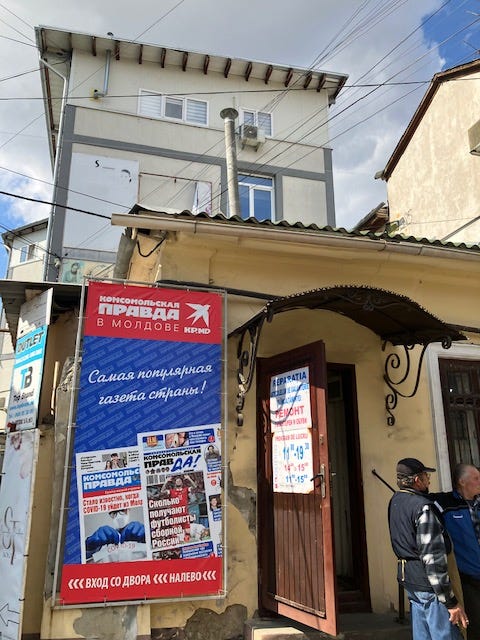
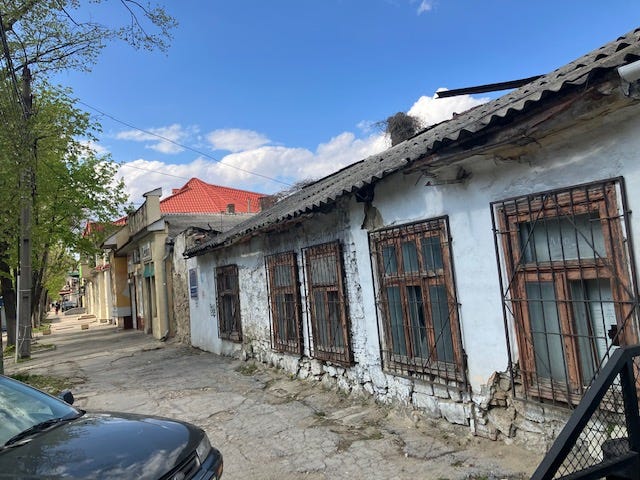
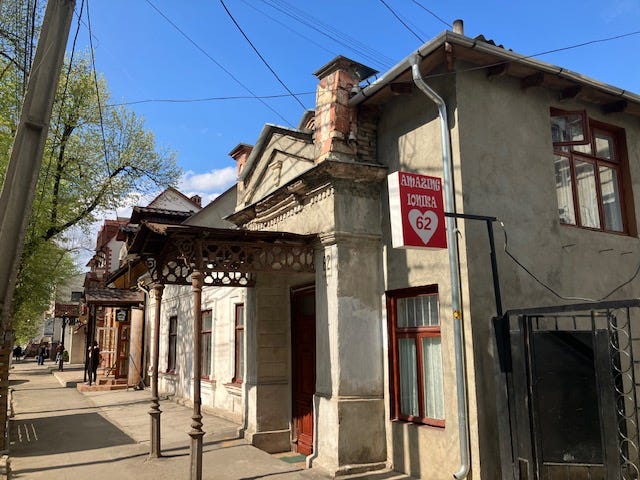
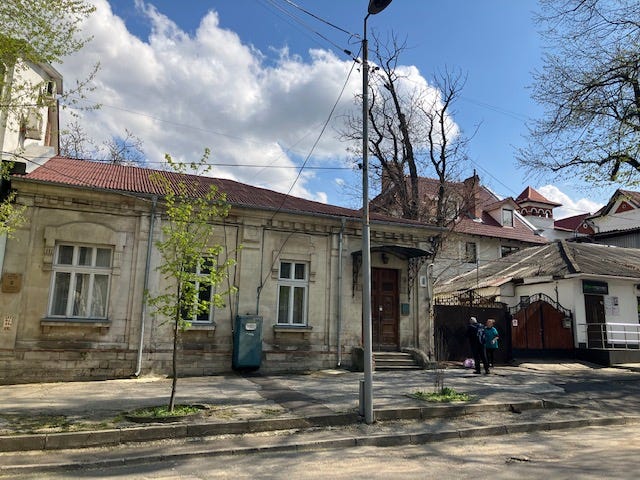
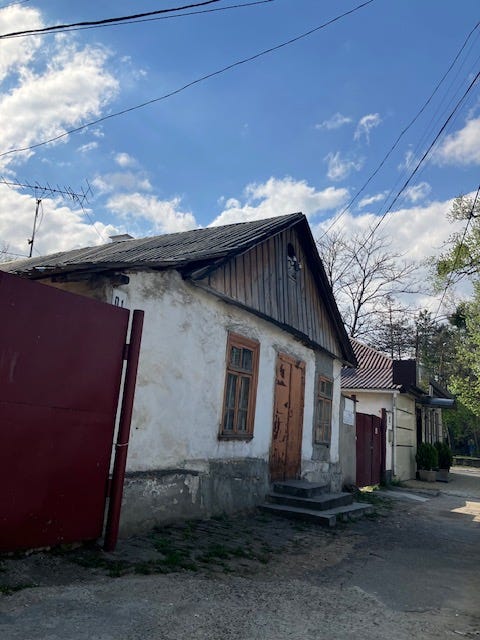
The Ukrainian embassy’s staggering street photo exhibit of the Bucha and Irpen massacres threw me right back into today.
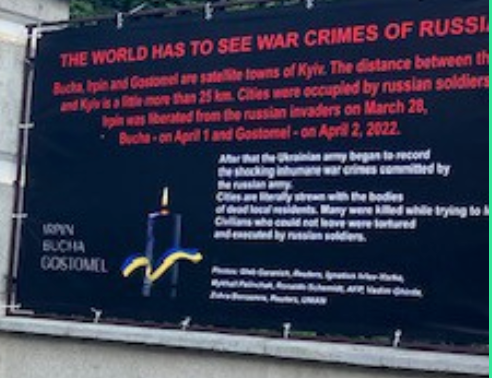
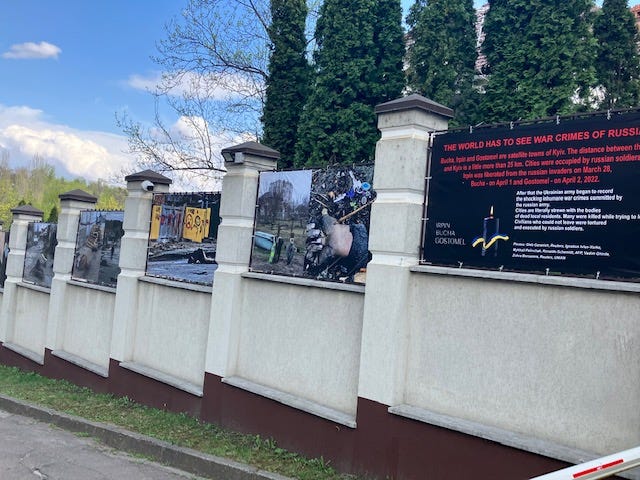
At the center, I met Katerina Tuiziukova, an international relations student with delicate features and striking blue eyes. She took me around: kids playing soccer, a playground, children’s art on the wall: “Mama.” “Ukraine.” Volunteer lawyers at the desk, ready to help the refugees with flights.
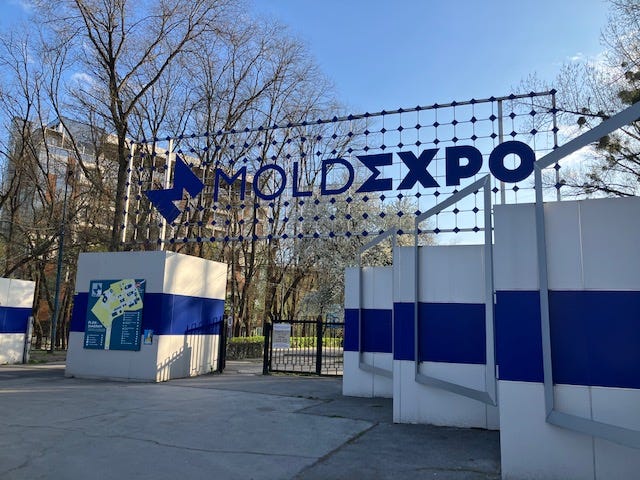
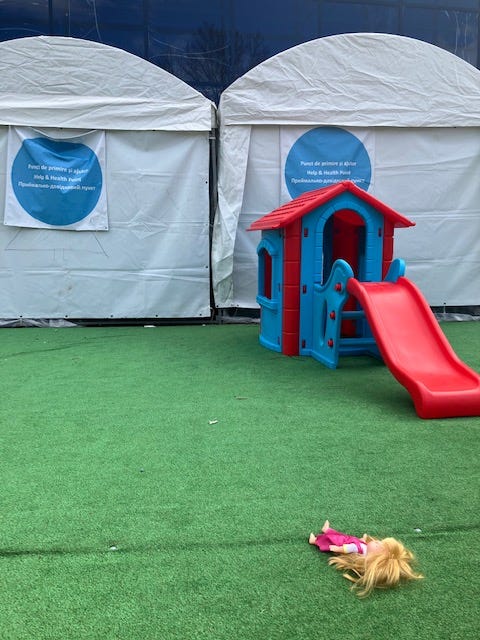
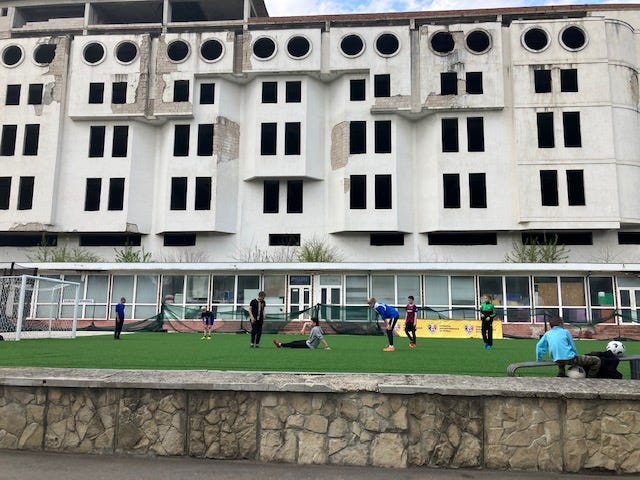
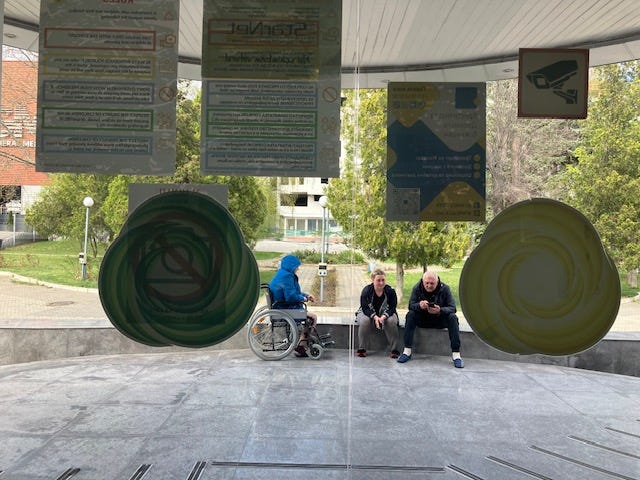
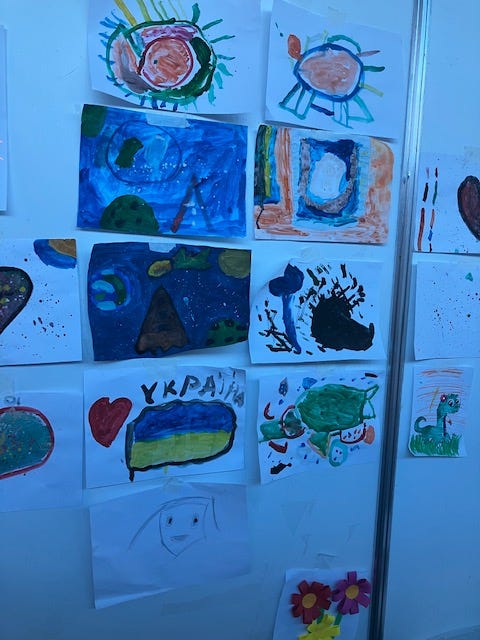
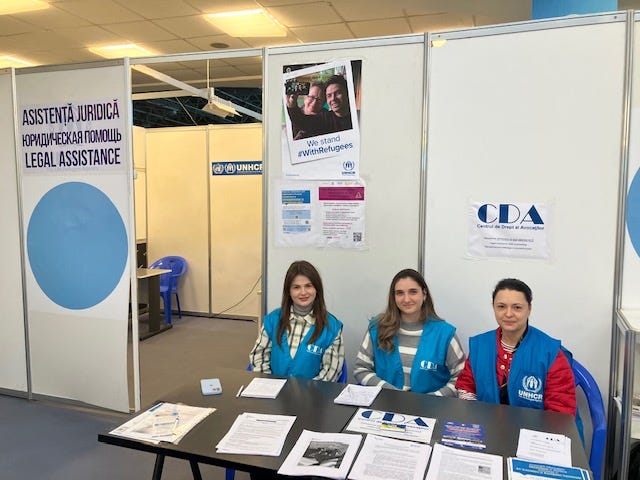
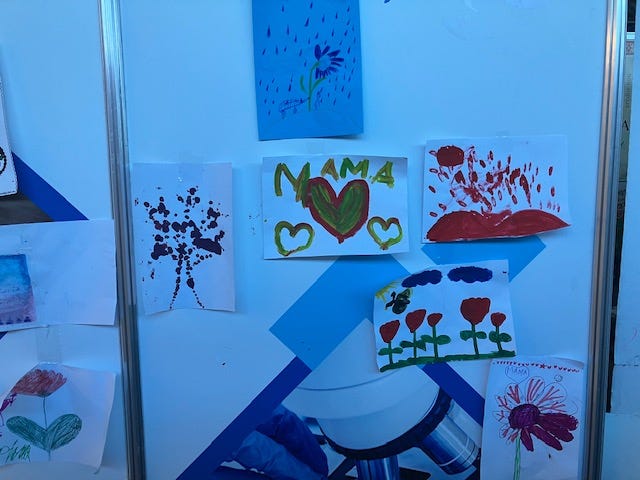
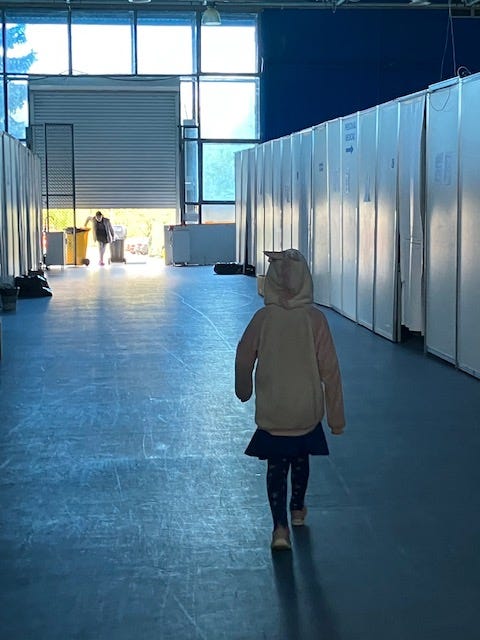
Katerina is from Volnovakha in the Donetsk region — a once-thriving city with 100,000 residents that ‘no longer exists. We sat down on the steps and she told me her story. Here it is in Byline Times.
Katerina also told me a remarkable story of her brother, a well-known defense journalist Ilya Ponomarenko of The Kyiv Independent, a self-described “village guy from Donbas in a crusade for something better.” Ilya’s personal geography — Volnovakha (Donbas), Mariupol, Kyiv — reads like a tragedy but I find his biography inspiring.
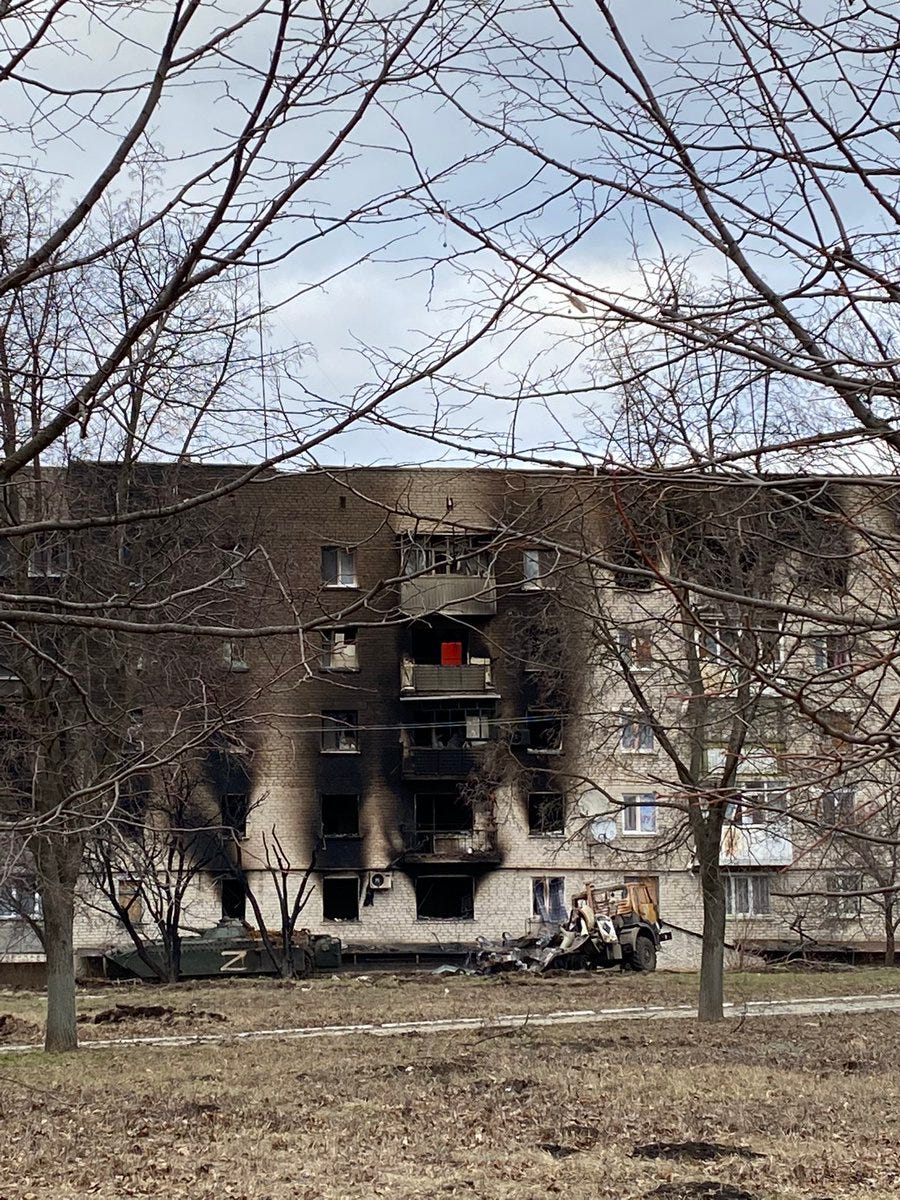
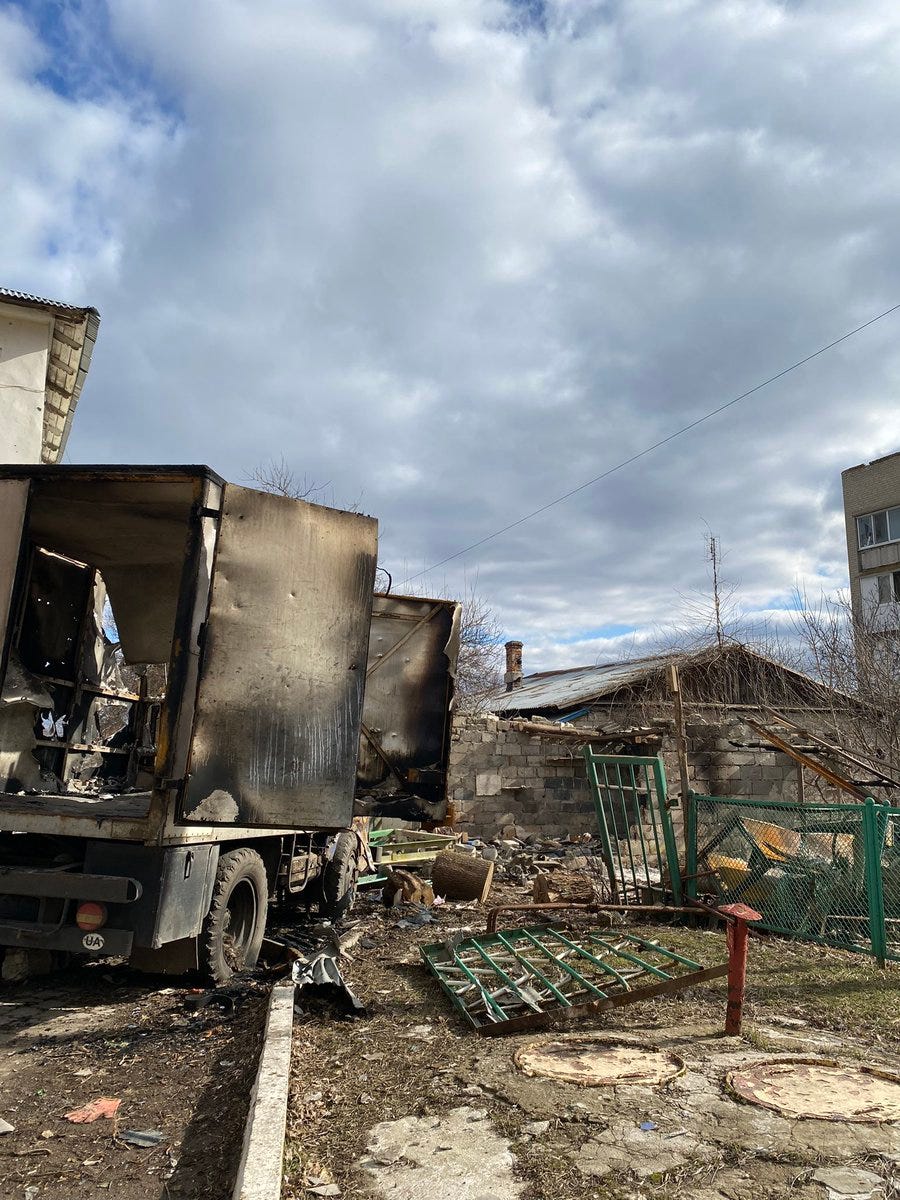
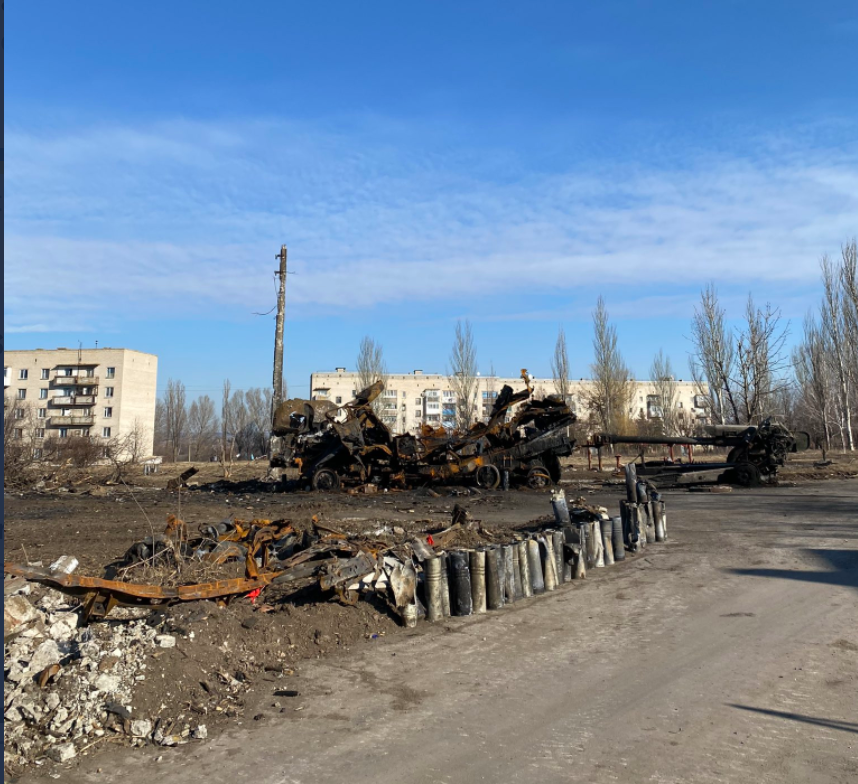
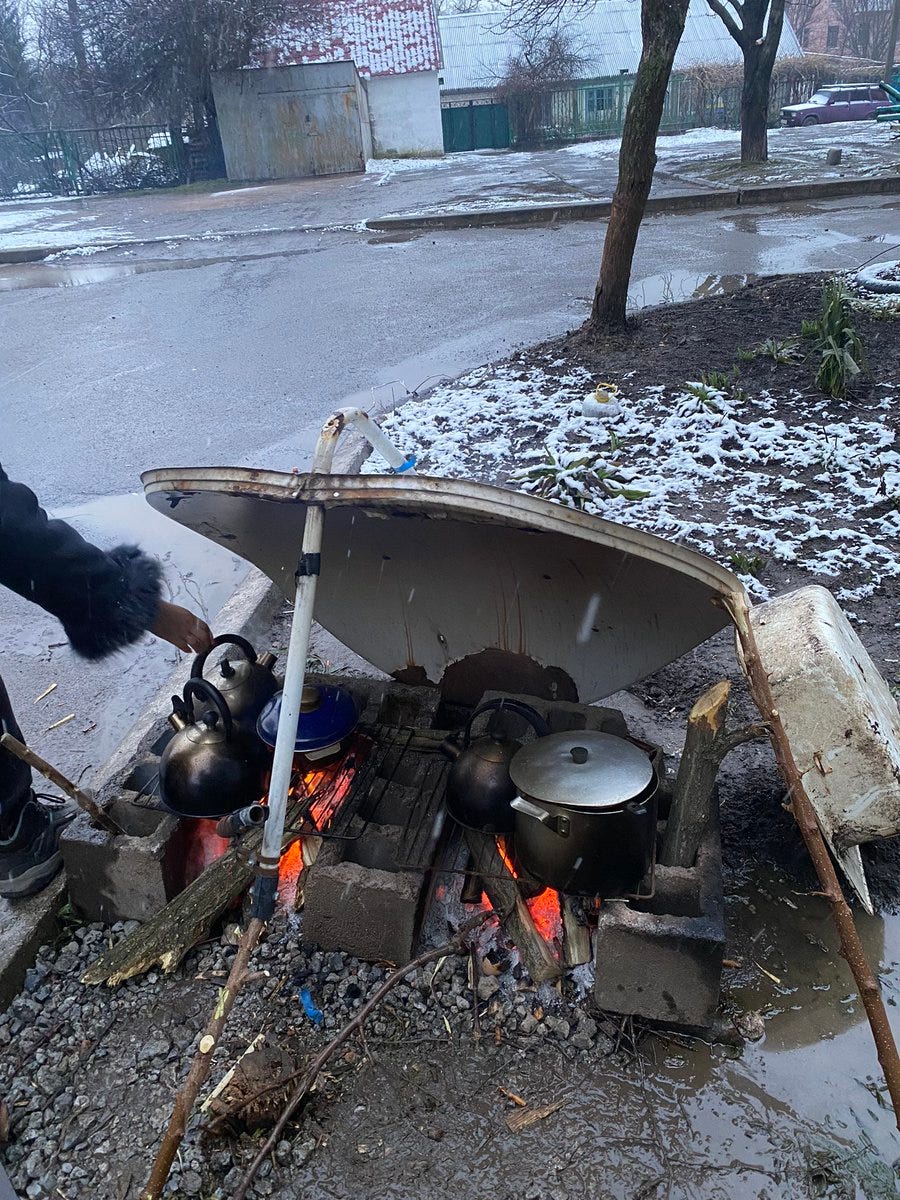
Ilya, eleven years older than Katerina, left Donskoye village in the Volnovakha region first to study history and international relations in Mariupol (“the international relations department, one of the most badass and hardcore political science schools” according to Ilya.) He was doing really well in high school and passed the final test with the highest score. After graduating college, he decided to be a journalist, returned to Volnovakha, and got a low-paying and demanding job in a local newspaper Our Word. Since childhood, he has been writing ‘books’ so it made sense. Eventually, Ilya moved to the capital and now works for The Kyiv Independent, an English-language progressive outlet.
Ilya has reported about the war in eastern Ukraine since the conflict’s earliest days. He covers national security issues, as well as military technologies, production, and defense reforms in Ukraine. Besides, he gets deployed to the war zone of Donbas with Ukrainian combat formations. He has also had deployments to Palestine and the Democratic Republic of the Congo as an embedded reporter with UN peacekeeping forces. Illia won the Alfred Friendly Press Partners Fellowship and was selected to work as USA Today’s guest reporter at the U.S. Department of Defense.

Ilya never studied in an English-speaking country, just learned the language as a child, with a tutor and at school, and by reading books and watching films.
“Ilya still does not really understand how popular he is — he has one million followers on Twitter. Restrained by nature, unpretentious, and kind, he is just what our mother wanted us to be: simple, understanding, and responsible,” said Katerina.
I read Ilya’s reports since the beginning of the war. Meeting his sister in Moldova and getting to know their story brings an extra dimension to his excellent reporting.
I walked back through the evening Chișinău that suddenly came to life: teenagers dancing in the streets, music bouncing off the walls, children laughing, all a bit feverish, frantic. I know this hype; I felt it in Ukraine a few months ago, just before the war.
Moldova also lives in fear of the terrorist state in the East. People here know that their country could be the next victim of Putin’s insatiable appetite for power and Russian militaristic chauvinism. I think about that, and about Katerina, Ilya, their mother who brought up these incredible young people, about their country that just wants to be free.
Read more stories of Ukrainian people:
